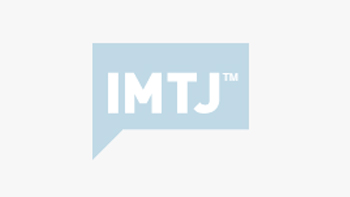Scots travelling abroad for medical treatment must have “clarity and certainty” over what will be paid for by the NHS, health secretary Nicola Sturgeon said. Ms Sturgeon spoke at the Scottish Government launched a consultation on the issue of health tourism. The consultation is being carried out as the European Union seeks to clarify the rules surrounding the issue.
Scots travelling abroad for medical treatment must have “clarity and certainty” over what will be paid for by the NHS, health secretary Nicola Sturgeon said. Ms Sturgeon spoke at the Scottish Government launched a consultation on the issue of health tourism.
The consultation is being carried out as the European Union seeks to clarify the rules surrounding the issue.
As a devolved country within the UK, Scotland now rarely follows an identical path to that of England and Wales. New rights for Scottish patients to seek treatment abroad and claim the cost from the NHS are outlined in the consultation.
The system, governed by a forthcoming probable European Directive, could mean patients who can access only a private dentist on their doorstep would save money by travelling to the Continent for dental work and then turning to the health service for reimbursement. Patients who face a particularly long wait for treatment in Scotland and people with second homes elsewhere in Europe are also likely to benefit from the proposals.
The Scottish Government predicts an increase in the number of people interested in having their procedure abroad, and an increase in the number of foreigners wanting to use the Scottish NHS.
A spokesman for the Scottish Government said: “We want to have as full as possible a Scottish consultation on this matter so that the interests of the Scottish NHS are taken into account when the new directive is drawn up.”
The current proposals state that patients could seek a refund only for treatment that is offered in their home country, so people would not obtain cancer drugs that are not available on the NHS by going abroad. In addition, the Scottish Government would not be expected to pay out any more than the procedure would have cost the NHS to perform.
Although many Scottish health boards want to require patients to seek their permission before accessing treatment elsewhere in Europe, the method in the latest draft legislation – that is favoured by almost all EU countries – reduce delays and administrative red-tape by allowing patients to get treated first and get recompense afterwards. This method is in line with how healthcare already works in countries such as France.
The British Medical Association is in favour of giving patients more power to access healthcare across the European Union but has warned other issues need to be addressed.
Dr Terry John, chairman of the BMA’s international committee, said: “We would like to see much more work done on some of the practicalities – for example, who will interpret and translate medical notes? How will information be shared between doctors?”








 ©2024 All rights reserved LaingBuisson
©2024 All rights reserved LaingBuisson 


